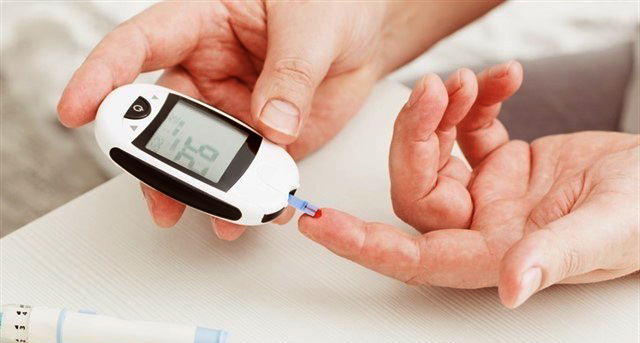Diabetes is a disease that is characterized by an elevation of blood glucose (sugar) levels.
If these levels are very high or very low, they can lead to acute complications that must be resolved quickly. High blood levels maintained for a long time cause damage to the arteries throughout the body, and in the long term deteriorate and alter various organs, especially eyes, kidneys, nerves, heart and other blood vessels. In the early stages of the disease there may be no symptoms of diabetes.
At present, 4 types of diabetes are recognized: type 1 and type 2. Gestational Diabetes and other genetic types.
- Type 1 diabetes: typical at early ages between 30-40 years. In his treatment, he almost always needs insulin.
- Diabetes type 2: it is the most frequent, usually occurs in obese and older people. It does not always need insulin, especially in the early stages of the disease, and it can be controlled with diet and antidiabetic drugs.
- Gestational diabetes: pregnancy is a situation that favors poor control of blood sugar and can lead to gestational diabetes. For this reason, around the 28th week of gestation a special test is carried out on all pregnant women, to assess if there is diabetes. Although in general it returns to the non-diabetic state after pregnancy, there is a risk of developing frank diabetes over the years.
- Other specific types of diabetes: those caused by some genetic defects of the beta cells, genetic defects in the action of insulin, diseases of the exocrine function of the pancreas such as cystic fibrosis, and that secondary to the use of some medications.
The frequent Diabetes Alert Symptoms are:
- Polyuria (urinating a lot).
- Polydipsia (excessive thirst sensation).
- Tiredness and sleepiness.
- Reduction of visual acuity.
- Weightloss.
Always take care of your health with a unique and efficient service. Visit Pharmamedic.






